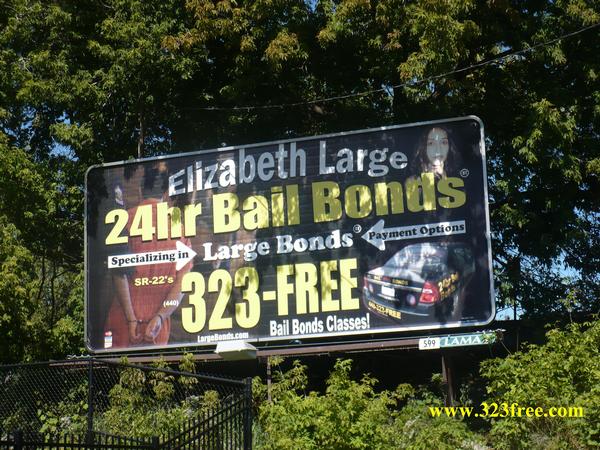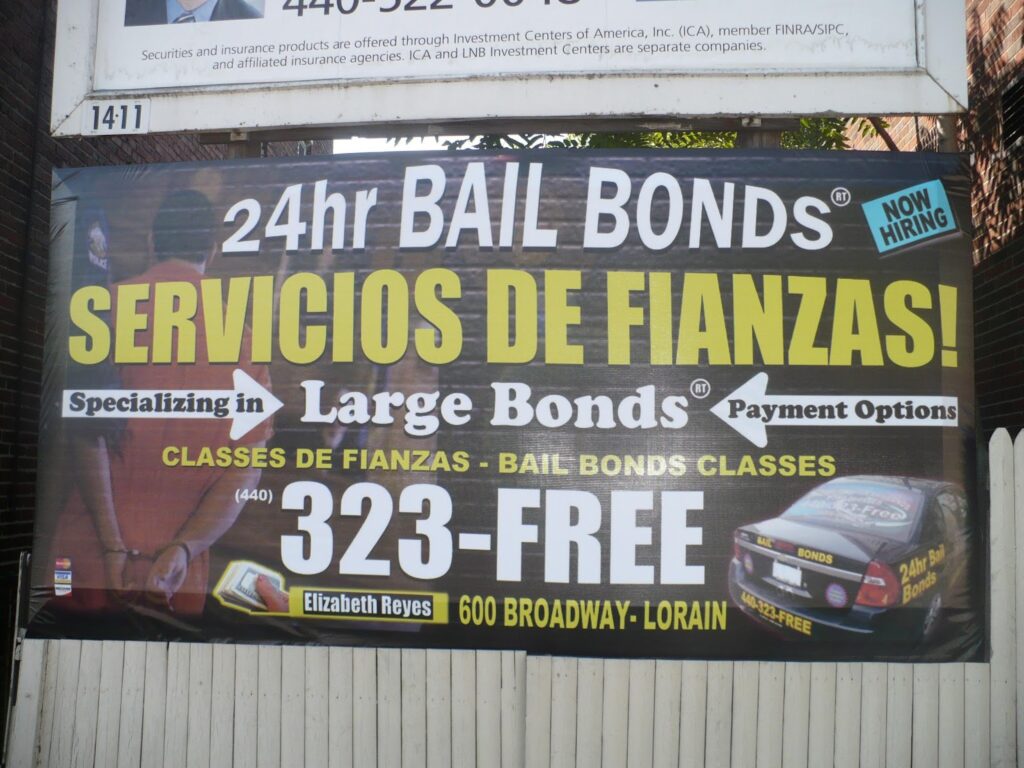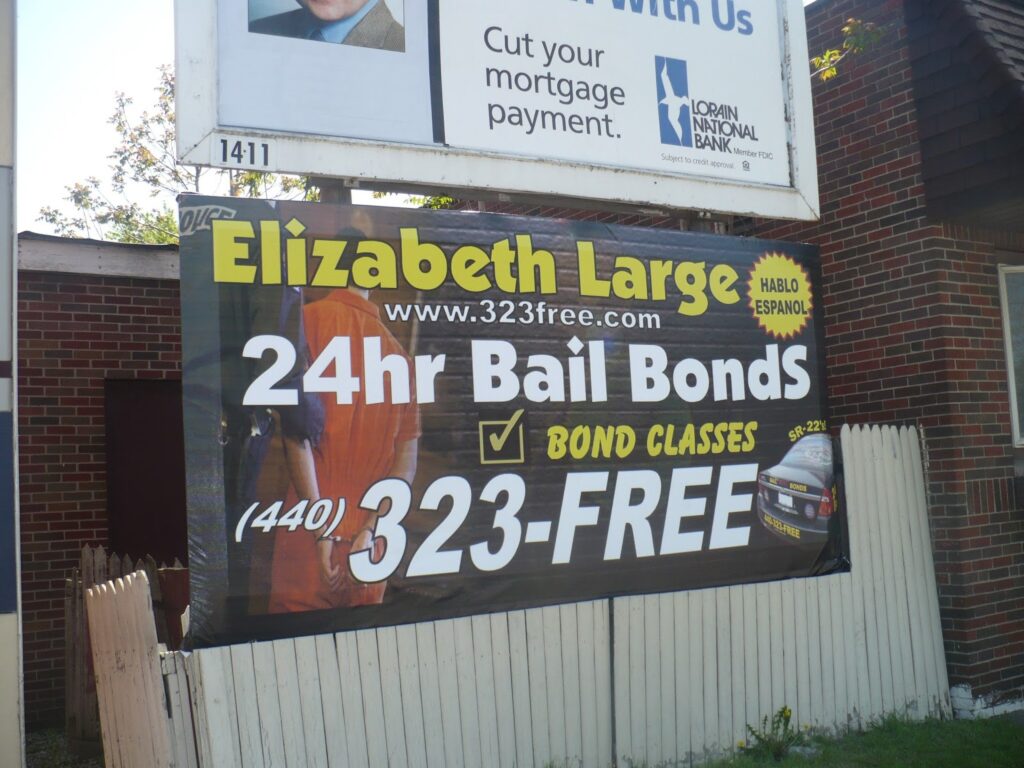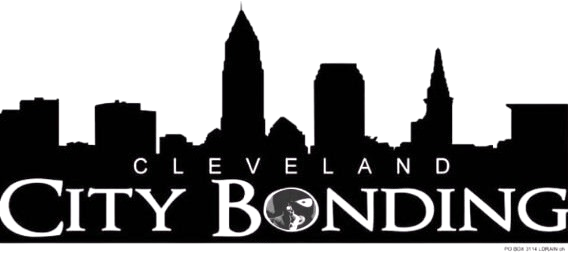About Bail

we can help on any bond!
Let us help you understand the basics of bail bonds
Our office is located at: 12931 Bellaire Rd. Cleveland, Ohio
Media error: Format(s) not supported or source(s) not found
Download File: https://citybondingcleveland.com/wp-content/uploads/2021/12/flyguy2-red-417-5004-asia-girl-background-bellaire-guy-with-green-screen-city-bonding.mp4?_=1
Cleveland City Bonding™ Bail Bond Basics
Q: What is a bail bond and what does it do?
A: As United States citizens, we have an 8th Amendment right to bail. It would also be virtually impossible to keep each person accused of a crime behind bars until they are brought to trial. A bail bond or appearance bond is used to guarantee the appearance of a person charged with a crime to all of their court dates. It allows the accused to remain somewhat free in order to continue to support their family, keep their job and work to defend their case. Bail Bonds have been used for hundreds of years, dating back to the times of Elizabethan England, as the most effective method to ensure the appearance of a criminal defendant in court.
Q: In Ohio, who sets the bond and how does that person decide how much the bond will be?
A: Usually the bond is set by a judge or magistrate at the arraignment. Ohio judges have total discretion as to the amount and type of bond to be set. I have been told that setting bond can often be the most difficult decision a judge must make on a daily basis. There are three types of bond a judge or magistrate can choose from. They are: Personal Recognizance, 10% Deposit and Cash/Surety. City Bonding™ is a Cash/Surety Company.
Q: What is the difference between the three types on bond?
A: A Personal Recognizance bond is a simple promise to appear in court with no monetary commitment between the court and the person out on bond. Personal Recognizance bonds are usually used when there is absolutely no risk of the person skipping out on bond.
A 10% Deposit bond differs from a Personal Recognizance bond because you are required to give 10% of the set bond amount to the court. It is designed to be used for non-violent, first time offenders. If you skip court on a 10% Deposit bond, the court simply keeps the 10% given to the court and the remaining 90% of the bond is generally not collected from anyone.
A Cash/Surety bond means you must give the court the full amount of the bond in cash or you can go through a bonding company to guarantee the entire amount of the bond to the court. If you give the entire bond in cash to the court, you are entitled to get 100% of the money back from the court provided the defendant makes all the court dates. If you go through a bonding agency,such as City Bonding™, the bonding agency provides the court with a bond to guarantee the defendant will make all their court dates. If the defendant skips court, the bonding agency will re-apprehend the defendant or pay the court the entire bond.
Q: If I go through a bonding agency to post a bond, what do I need?
A: There are different requirements depending on the amount of the bond and the charges involved. Generally speaking, the non-refundable, state regulated, bonding agency fee is 10% plus collateral or co-signers. Before a bonding company will post the bond, they must secure the bond to make sure the defendant will make all of their court dates. This is done by getting the family or friends involved to co-sign or put up collateral. If the defendant knows that his/her family has something to lose if they skip, the chances are they will make all court dates. City Bonding™ will accept 0% down payment on qualified applicants. We allow you to make payments on the balance between the moment of release and court date.
Q: How many people skip court if they were bonded out through a bonding agency?
A: Surprisingly few people skip when bonded out through a bonding agency. The typical fail-to-appear rate of a bonding agency is less than 3%. Most bonding agencies are successful in re-apprehending about 90% of those who skip! Most people are surprised by these low skip rates, especially since we typically bond out the highest risk (of skipping) defendants.
Q: Do bonding agencies use “bounty hunters”?
A: Sometimes. Some bonding agencies seek and recover the defendant themselves and some bonding agencies use “bounty hunters” (in the bonding business they are called recovery agents). This can be very dangerous work. When someone fails to appear, we never know how easy or difficult it will be to re-apprehend that person. Often in the media spotlight, this part of the bonding business is probably the most dangerous and misunderstood. Bonding agencies or bounty hunters do not arrest people. When a defendant is out on bond through a bonding agency, law considers the agency or bondsman, the defendant’s jailer. While the bonding agency or bondsman may not have the defendant locked up in a cell, the bonding agency has the legal right to “bring the defendant within arms reach” at anytime, anywhere for any reason. This is a very unique right and a valuable part of the judicial system to ensure the ends of justice are met.

















